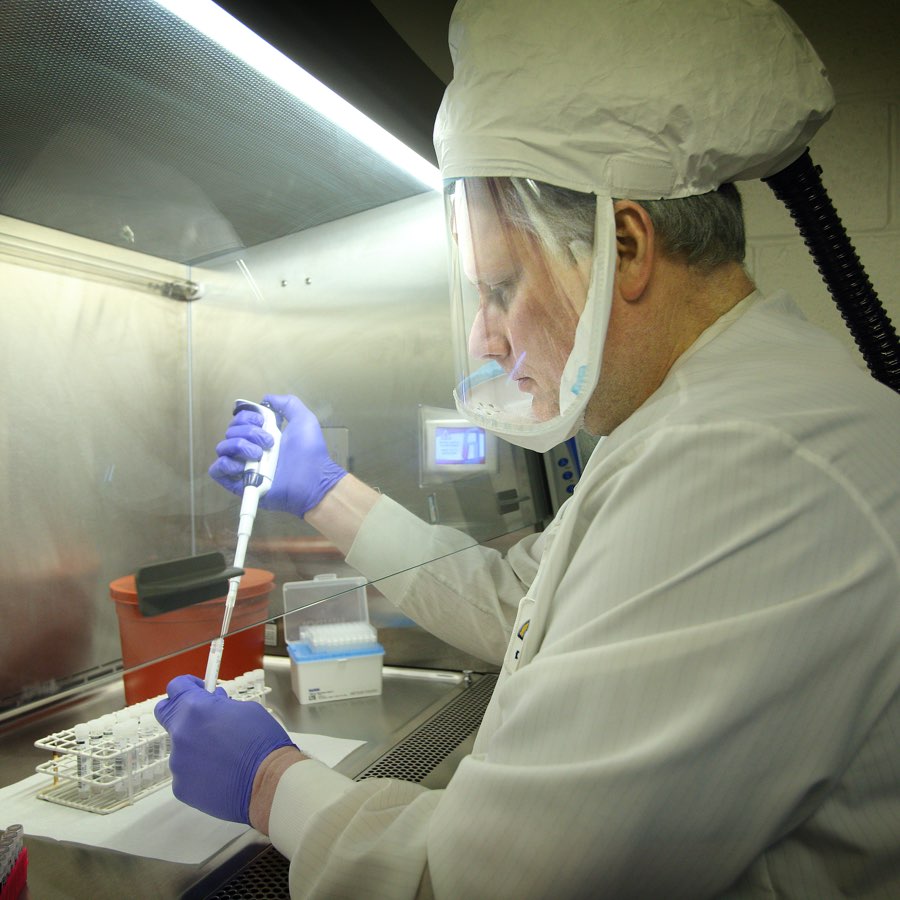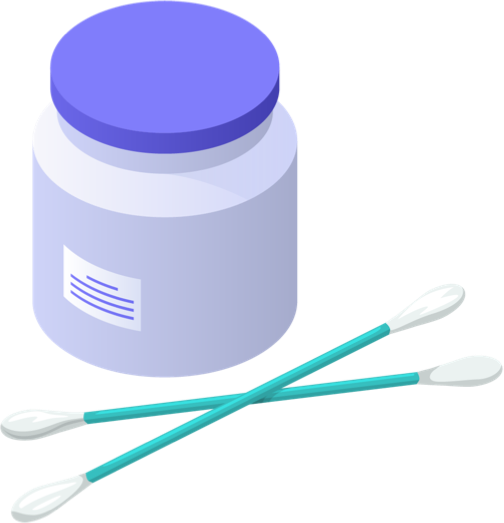 What is the test?
What is the test?Viral Test:
A viral test is an oral or nasal swab or saliva test that looks for evidence of an active viral infection. There are two major types: a PCR test and an antigen test.Serology Test:
A serology test is a blood test that looks for evidence of someone’s prior infection with the virus. What does the test do?
What does the test do?Viral Test:
PCR tests look for the presence of a virus’s genetic material, while antigen tests look for specific proteins on a virus’s surface. Antigen tests produce results more quickly, but may be less sensitive.Serology Test:
The test provides evidence that someone may have been exposed to the virus in the past, potentially even if they did not have symptoms, by detecting antibodies specific to the virus. What doesn't the test do?
What doesn't the test do?Viral Test:
Viral tests do not indicate whether someone was infected in the past.Serology Test:
The test does not diagnose an active infection or identify who is protected from reinfection (antibodies have not been proven to guarantee immunity). How does the FDA handle the test?
How does the FDA handle the test?Viral Test:
The FDA formally evaluates these tests prior to use.Serology Test:
The FDA does not formally evaluate these tests prior to use, though a few have Emergency Use Authorization.




